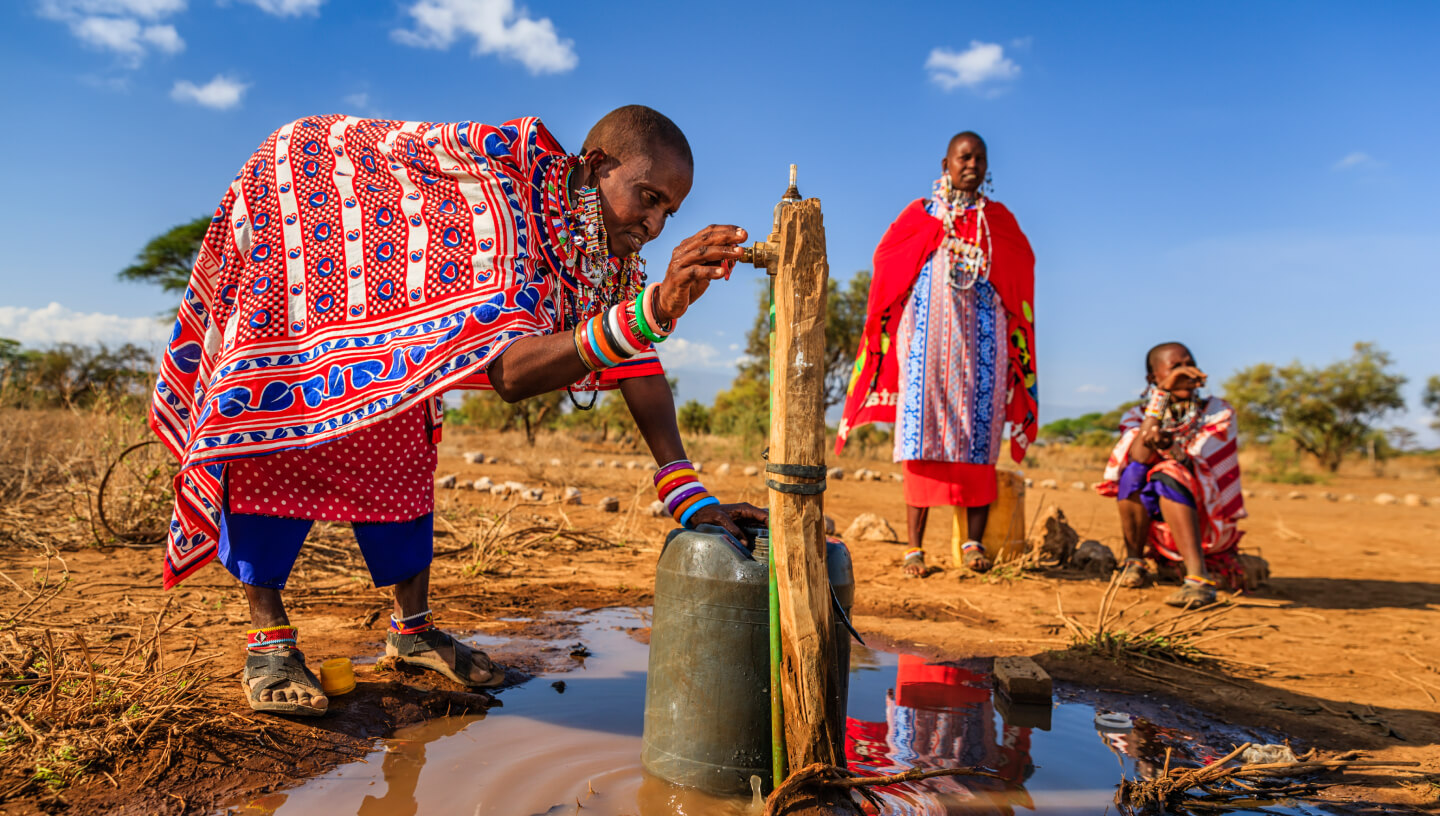13.10.2022
The UN proposes five steps to tackle the effects of extreme heat in poor countries
 Photo by: Bartosz Hadyniak / iStock
Photo by: Bartosz Hadyniak / iStock
The world must act proactively to prevent new periods of extreme heat from arriving. Five steps must be taken to do so, says a report by the United Nations humanitarian agency. This is reported by the UN press service.
According to the document, countries should warn the population in advance about periods of extreme heat, making information from weather forecasts as accessible to all as possible.
Local authorities and charities should extend pre-emptive action to respond as quickly as possible to the approach of the next climate disaster.
As a third step, the report identifies new and more sustainable ways of funding initiatives to mitigate the effects of extreme heat.
The humanitarian aid distribution system needs to be adapted to the new climate conditions. New ways of protecting people from high temperatures must also be introduced. For example, special cooling zones should be opened and houses should be modified to make it easier for residents to bear the heat waves.
The UN also insisted on greater cooperation on humanitarian issues and climate partnerships.
According to the report’s authors, climate injustice persists around the world. The countries with the lowest per capita incomes and the least impact on global warming are bearing the greatest toll from extreme heat.
“As the climate crisis is uncontrollable, extreme weather events such as heat waves and flooding hit the most vulnerable people stratum hardest. Nowhere is this impact felt more severely than in countries already plagued by hunger, conflict and poverty,” said UN Humanitarian and Emergency Relief Coordinator Martin Griffiths.
High temperatures also threaten the most vulnerable and marginalized members of society. Funds must therefore be allocated to help and adapt the least protected groups to the changing climate as a matter of priority.
Although climate change is global, vulnerable communities around the world, such as agricultural workers, are suffering losses from it.
Extreme heat waves also threaten the elderly, children, pregnant and lactating women, increasing the risk of disease and even death.
“The projected future death rates from extreme heat are staggeringly high — by the end of the century they are comparable in scale to death rates from all cancers or all infectious diseases. They also show significant inequalities because the risks will primarily affect residents of poor countries,” says the UN report.
Cover photo: Luca Prestia / iStock














































Comments